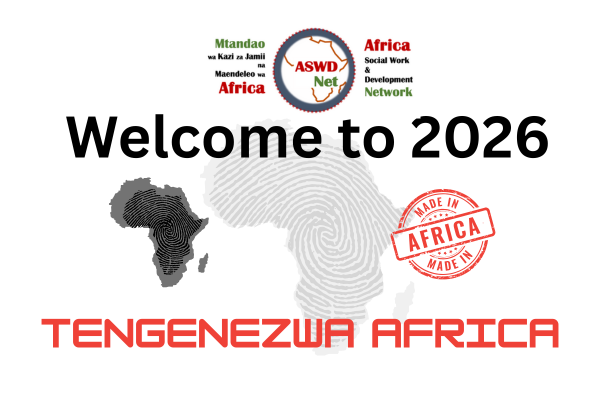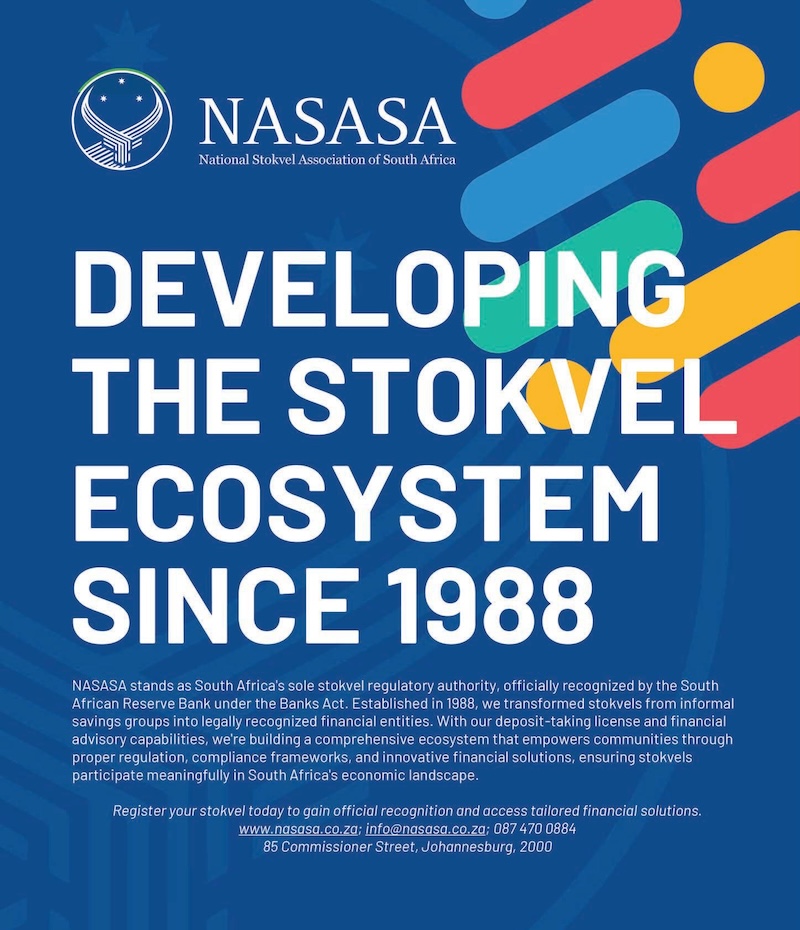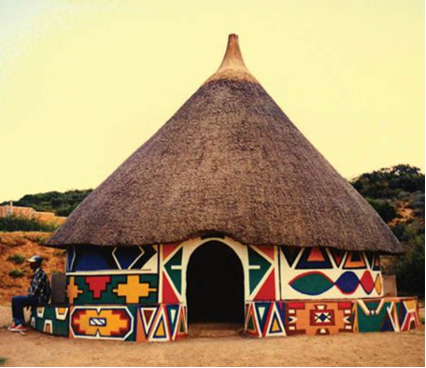YOU ARE HERE
»
Home
»
Writing and Publishing
»
Research articles – from primary to tertiary articles
Research articles – from primary to tertiary articles
Primary article (full research)
You identify an issue, problem or challenge, ask a question, look for multiple sources to answer it, including written sources, theories, experimental sources and provide your own knowledge or experience as a source. Information obtained is then discussed, conclusions made and implications identified. The final report is submitted for peer review.
Secondary article 1 (literature reviews)
You identify an issue, problem or challenge, ask a question, look for all available written sources to answer it. Information obtained is then discussed, conclusions made and implications identified. The final report is submitted for peer review. This process is often called a systematic review.
Secondary article 2 (analysis of literature reviews)
You identify an issue, problem or challenge, ask a question, look for multiple secondary article1 (literature reviews) to answer it. Information obtained from the literature reviews is then discussed, conclusions made and implications identified. The final report is submitted for peer review. This process is often called a meta-analysis.
Tertiary article 1 (simple or scoping literature review)
You identify an issue, problem or challenge, ask a question, look for easily or readily accessible written sources to answer it. Information obtained is then discussed, conclusions made and implications identified. The final report is submitted for peer review. This process is often called a simple or scoping review.
Tertiary article 2 (academic essay)
You identify an issue, problem or challenge, you ask a question, think about it, answer it and make a conclusion. The strengths of the essay will be evaluated or judged as time passes or by history.
Tertiary article 3 (student essay)
You are asked a question, and read written sources (literature) made available to you to answer it. You make a conclusion based on what is in the sources. The final essay is marked, assessed or evaluated.
In academia, primary articles are more valued while tertiary articles are less valued. The ASWDNet provides several opportunities for publication of research articles and dissemination of research findings. These include four journals, books and events through our the year including the students conference. Here is a list of Made in Africa publications.
Use the form below to subscibe to Owia Bulletin.
Discover more from Africa Social Work & Development Network | Mtandao waKazi zaJamii naMaendeleo waAfrika
Subscribe to get the latest posts sent to your email.



